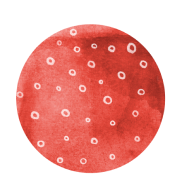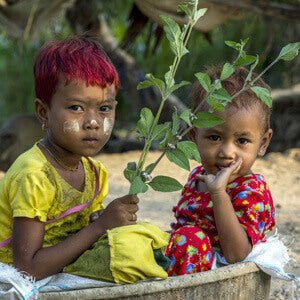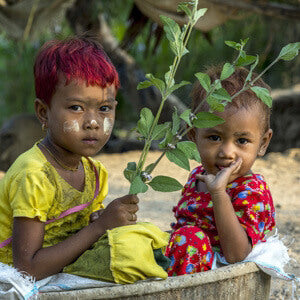
Dental hygiene for children in Myanmar

need
Dental hygiene and toothbrush sets for children in the Irrawaddy Delta in Myanmar.
activity
Children in the Irrawaddy Delta receive sets of toothbrushes and toothpaste as well as an introduction to proper dental hygiene.
Measurable performance
Number of children who received an introduction to dental hygiene and a toothbrushing kit.
Result
The children gain a basic understanding of dental hygiene and daily brushing reduces the risk of tooth decay and other dental diseases.
Systemically relevant impact
Prevention in the Irrawaddy Delta helps to improve general dental health and thus the overall quality of life of the people.
background


The good deed
AboutMyanmar
Naypyidaw
Capital city
53 370 609
Population
5.567
Gross domestic product
per capita per year

148
Human Development Index
(Human Development Index)




